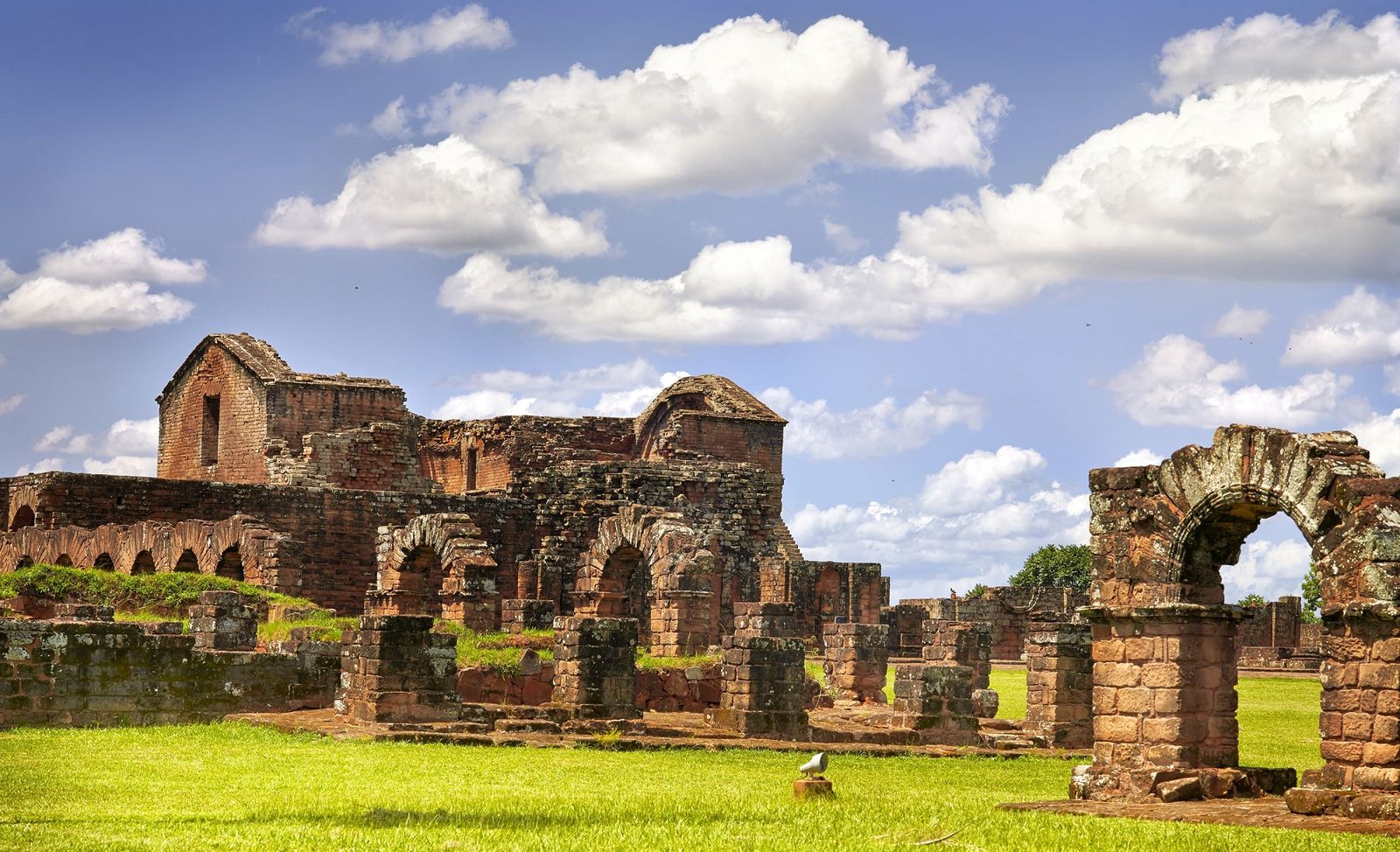
Paraguay is a landlocked country in South America, often overshadowed by its larger neighbors. Yet, it holds a treasure trove of unique facts and cultural gems. Did you know Paraguay is home to the world's largest drinking water reservoir, the Guarani Aquifer? Spanish and Guarani are both official languages, making it a bilingual nation. Paraguay also boasts the Itaipu Dam, one of the largest hydroelectric plants globally. Its rich history includes the tragic War of the Triple Alliance, which drastically reduced its population. Paraguayans celebrate their independence on May 14-15, with vibrant festivities. Curious about more? Let's dive into 20 fascinating facts about this intriguing country!
Key Takeaways:
- Paraguay's diverse geography includes fertile eastern regions and arid western areas, with the world's largest freshwater wetland and a massive hydroelectric dam providing most of its electricity.
- Paraguay's rich history, vibrant culture, and warm hospitality make it a unique country, with a young population, high literacy rate, and famous festivals like Carnival.
Geography and Nature
Paraguay, a landlocked country in South America, boasts diverse landscapes and rich natural beauty. Here are some fascinating geographical and natural facts about Paraguay.
- Paraguay is bordered by Brazil, Argentina, and Bolivia, making it one of the few landlocked countries in South America.
- The Paraguay River splits the country into two distinct regions: the eastern region, which is more fertile and populated, and the western region, known as the Gran Chaco, which is arid and sparsely populated.
- The Gran Chaco region covers about 60% of Paraguay's land area but is home to only about 2% of the population.
- Paraguay is home to the world's largest freshwater wetland, the Pantanal, which extends into Brazil and Bolivia.
- The Itaipu Dam, located on the border between Paraguay and Brazil, is one of the largest hydroelectric dams in the world and provides nearly all of Paraguay's electricity.
History and Culture
Paraguay has a rich history and vibrant culture influenced by indigenous traditions and Spanish colonization. Let's explore some historical and cultural facts.
- Paraguay was part of the Spanish Empire until it gained independence on May 14, 1811.
- The country experienced a devastating war known as the Paraguayan War (1864-1870), which resulted in significant loss of life and territory.
- Guarani, an indigenous language, is one of Paraguay's official languages alongside Spanish. It is widely spoken and taught in schools.
- Paraguay is known for its traditional harp music, which has roots in Spanish and indigenous cultures.
- The Paraguayan dance, polka, is a lively and popular folk dance performed at festivals and celebrations.
Economy and Industry
Paraguay's economy is diverse, with agriculture, manufacturing, and services playing key roles. Here are some economic and industrial facts.
- Paraguay is one of the world's largest exporters of soybeans, beef, and corn.
- The country has a growing manufacturing sector, producing textiles, footwear, and food products.
- Paraguay's informal economy, including street vending and small-scale farming, plays a significant role in providing livelihoods for many citizens.
- The country has a low tax burden, which has attracted foreign investment and businesses.
- Paraguay is a member of the Mercosur trade bloc, which promotes economic cooperation and trade among South American countries.
People and Society
Paraguayans are known for their warmth and hospitality. Let's delve into some interesting facts about the people and society of Paraguay.
- Paraguay has a population of approximately 7 million people, with a majority living in urban areas.
- The capital city, Asunción, is the largest city and the political, cultural, and economic center of the country.
- Paraguay has a young population, with a median age of around 26 years.
- The country has a high literacy rate, with over 94% of the population being able to read and write.
- Paraguayans celebrate numerous festivals and holidays, including the famous Carnival, which features colorful parades, music, and dancing.
Paraguay's Unique Charm
Paraguay stands out with its rich culture, diverse wildlife, and fascinating history. From the Guarani language to the Chaco region, there's so much to appreciate. The Itaipu Dam showcases engineering marvels, while the Jesuit Missions offer a glimpse into the past. Tereré, the national drink, reflects the country's traditions and social customs.
Asunción, the capital, blends modernity with colonial charm. The Ñandutí lace and Paraguayan harp highlight the nation's artistic talents. Ybycuí National Park and the Pantanal are havens for nature lovers.
Paraguay's economy, driven by agriculture and hydroelectric power, plays a crucial role in South America. Its festivals and carnivals bring communities together in vibrant celebrations.
Exploring Paraguay reveals a land full of surprises, making it a destination worth discovering.
Frequently Asked Questions
Was this page helpful?
Our commitment to delivering trustworthy and engaging content is at the heart of what we do. Each fact on our site is contributed by real users like you, bringing a wealth of diverse insights and information. To ensure the highest standards of accuracy and reliability, our dedicated editors meticulously review each submission. This process guarantees that the facts we share are not only fascinating but also credible. Trust in our commitment to quality and authenticity as you explore and learn with us.


